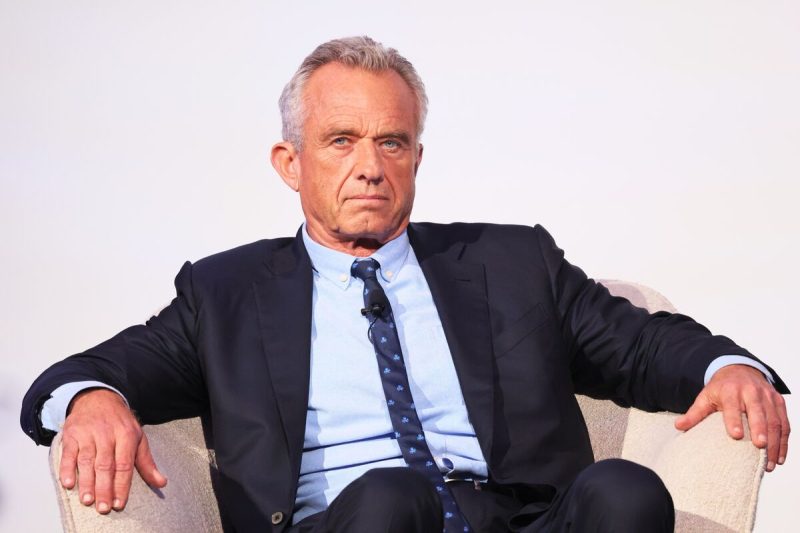Robert F. Kennedy Jr., a United States presidential candidate and staunch advocate for Bitcoin and decentralized technology, has unveiled a groundbreaking proposal to place the entire U.S. budget on the blockchain. Announced during a rally in Michigan on April 21, Kennedy’s plan aims to revolutionize transparency and accountability in government spending, allowing American taxpayers unprecedented real-time access to budget details.
Enhancing Public Oversight
Kennedy’s blockchain initiative is designed to enable all Americans to scrutinize every budget item, effectively placing “300 million eyeballs” on federal expenditures. This level of public oversight promises to expose and potentially deter wasteful or corrupt spending practices, such as the notorious overpriced government purchases. By leveraging blockchain technology, Kennedy believes that every citizen can play a role in monitoring and holding the government accountable for how tax dollars are spent.
Debate and Support
The proposal has sparked a robust discussion among crypto advocates and skeptics alike. Supporters on social media have hailed Kennedy’s plan as potentially the best application of blockchain technology, positioning it as a tool for real checks and balances in government. Critics, however, fear that this move could edge towards the creation of a central bank digital currency (CBDC), although Kennedy has explicitly opposed such measures, citing privacy concerns.
A Pioneering Approach to Political Funding
Adding to his innovative platform, Kennedy is also the first presidential candidate to accept Bitcoin for campaign donations, signaling his commitment to integrating blockchain technology into the fabric of American governance. His broader financial strategy includes backing the U.S. dollar with Bitcoin, aiming to fortify the national currency through decentralized assets.
Kennedy’s proposal reflects a growing trend among politicians worldwide who are advocating for reduced governmental control over financial systems, as decentralized financial technologies gain global traction.
